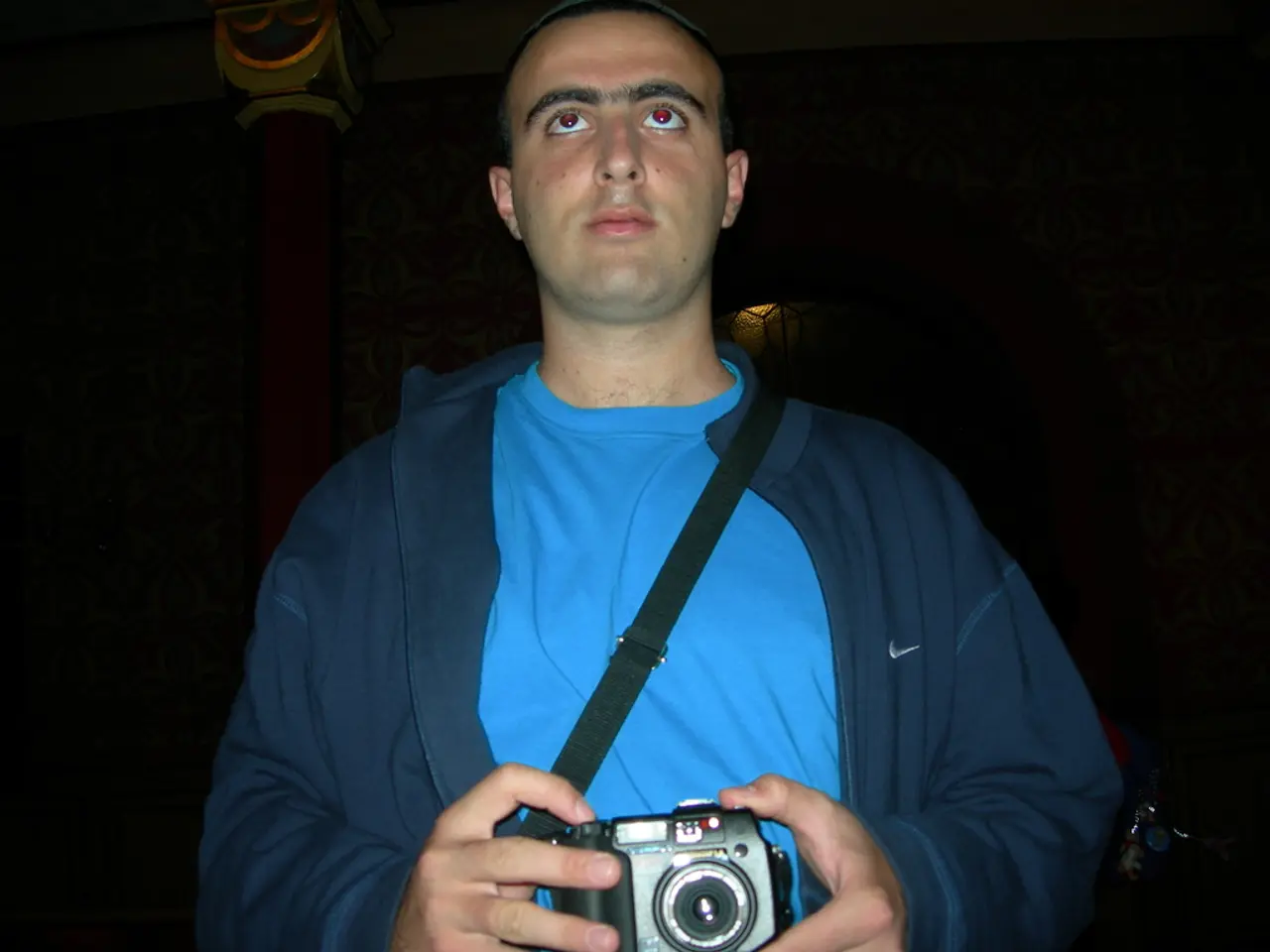Central Bank Initiates Monitoring: Cash Withdrawals may Face Increased Complexity
The Central Bank of Russia has announced new restrictions on bank accounts linked to 'dropper' individuals, aiming to tighten controls on the use of these accounts for money laundering, crypto trading, and other suspicious activities.
Starting from September 1, accounts flagged as 'dropper' will face significant operational restrictions and legal risks. Banks have been granted the authority to freeze or restrict such accounts based on automated fraud detection, third-party complaints, or risk signals tied to crypto transactions or P2P trading.
One of the key changes is the partial or full freezing of accounts. This measure is designed to prevent illicit funds from being easily moved or withdrawn.
Another significant change is the introduction of monthly transaction limits. Accounts flagged in the "dropper database" will be limited to a maximum of 100,000 rubles per month for transfers, and cash deposits will be banned altogether.
Criminal prosecution for droppers is also a possibility, with recent legal amendments enabling prison sentences for roles in money mule activities. Additionally, funds may be prolonged blocked for weeks or months due to multi-level compliance checks to verify their legitimacy.
For law-abiding citizens, especially crypto traders, these measures create significant risks and inconveniences. Innocent users may have accounts frozen or restricted merely by association or suspicion, even without intent to commit crimes. Access to funds can be denied or delayed for extended periods while banks perform investigations. Increased compliance burdens may also limit normal transaction volume and cash flow.
For offenders, these restrictions aim to disrupt criminal cash flows by cutting off access to accounts used for laundering and illegal activities, deterring individuals from lending accounts to criminals, and providing law enforcement with stronger tools to trace and investigate illicit activities.
The Central Bank's crackdown reflects a dual approach—tightening enforcement against illegal crypto use and money laundering while still fostering a controlled environment for innovation. This is exemplified by support for regulated institutional crypto funds and the pending digital ruble rollout in 2026.
However, these new measures also bring to light schemes involving the "legalization" of stolen funds through personal cards of ordinary people. Citizens are urged to be more vigilant about the security of their banking details and to refuse unknown transfers or not use cards at the request of barely acquainted individuals.
Recipients may unintentionally end up on the 'dropper' list due to funds received through criminal networks. To combat such schemes, the Central Bank has created a special database and has the right to revoke owners' access to remote management, including blocking cards, apps, and internet banking for these accounts.
The new rules aim to eliminate the possibility of quick cashing out and instant large-sum transfers by criminals. Any transfers above 100,000 rubles from 'dropper' accounts require a personal visit to the bank office. New restrictions will also prevent cash withdrawals from these accounts through remote services.
In summary, accounts linked to droppers face severe operational restrictions and legal risks under the new regime, with broad implications that also potentially impact innocent users engaged in crypto trading or P2P exchange activities. This creates a more cautious and restricted environment in Russia’s crypto and banking landscape.
In the new regulatory framework, accounts linked to 'dropper' individuals may have funds prolonged blocked for weeks or months due to enhanced compliance checks, potentially causing significant inconvenience for law-abiding citizens, especially crypto traders.
The new rules also target offenders by limiting their means to launder money or conduct illegal activities, with criminal prosecution for droppers now a possibility under recent legal amendments, posing a threat to individuals involved in money mule activities.




